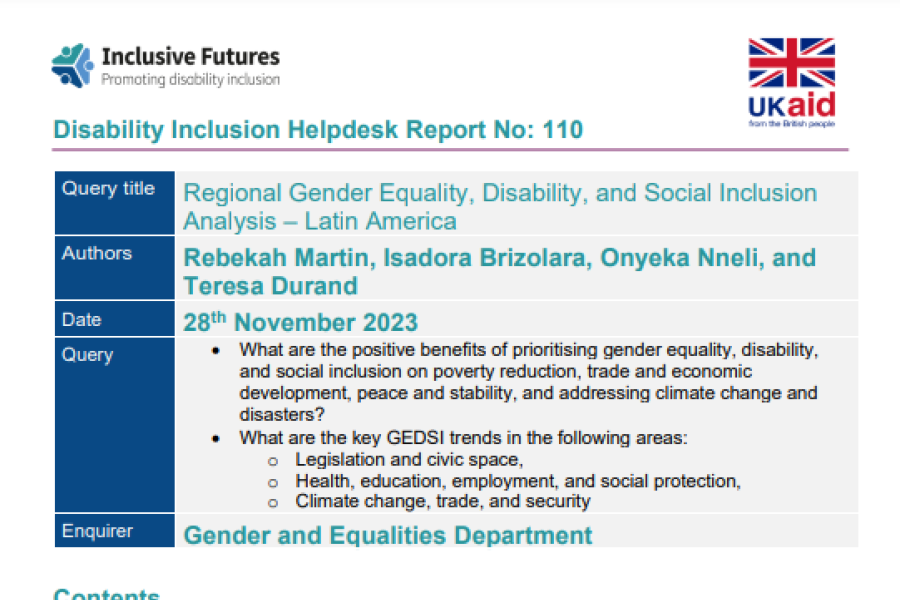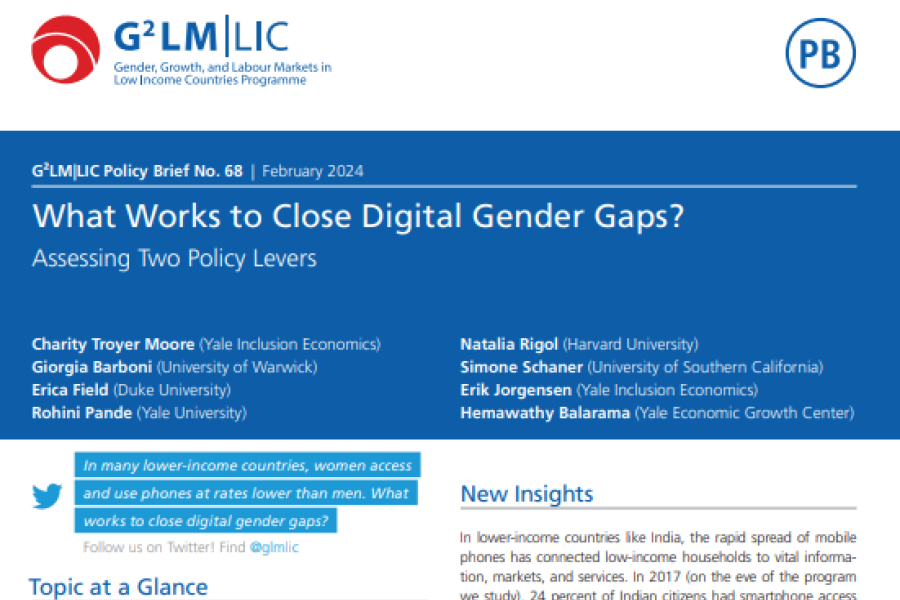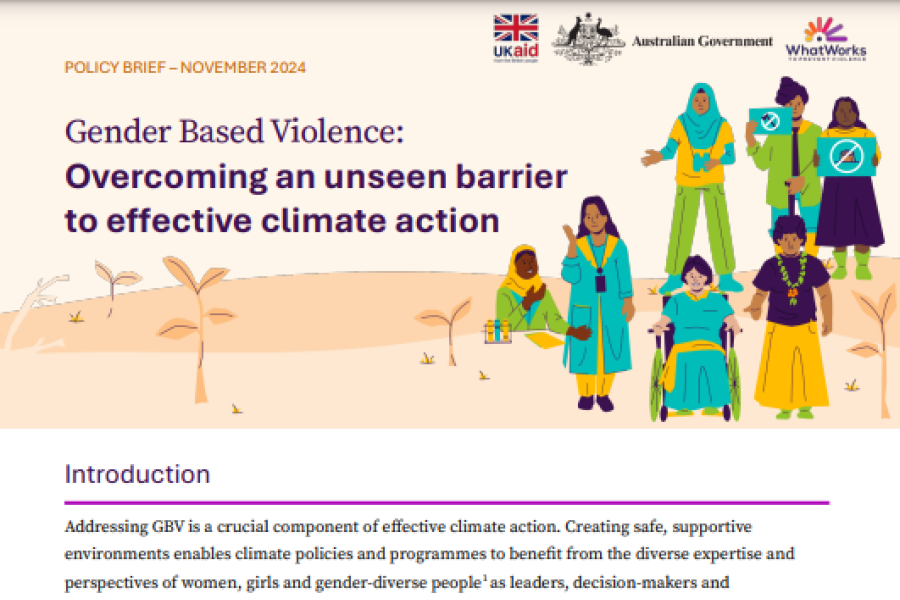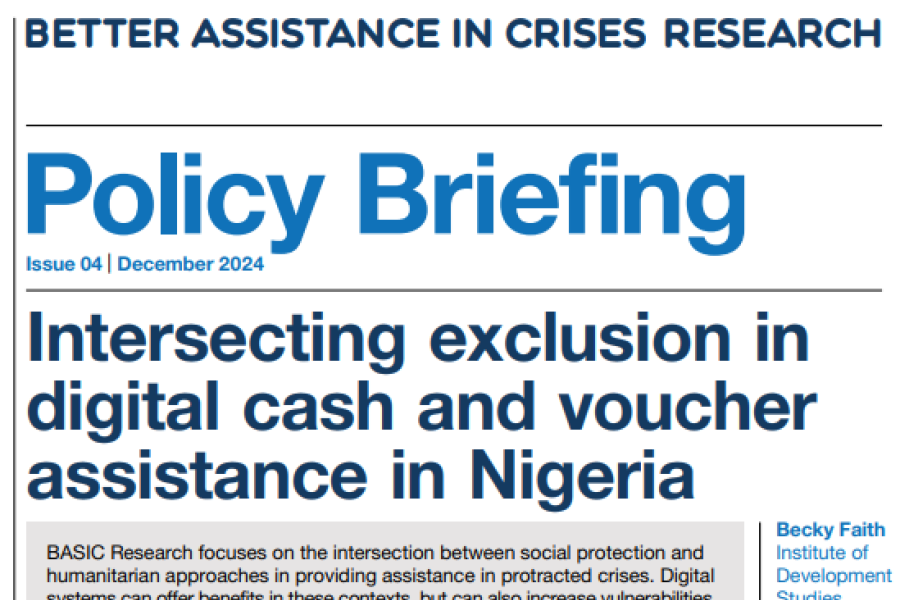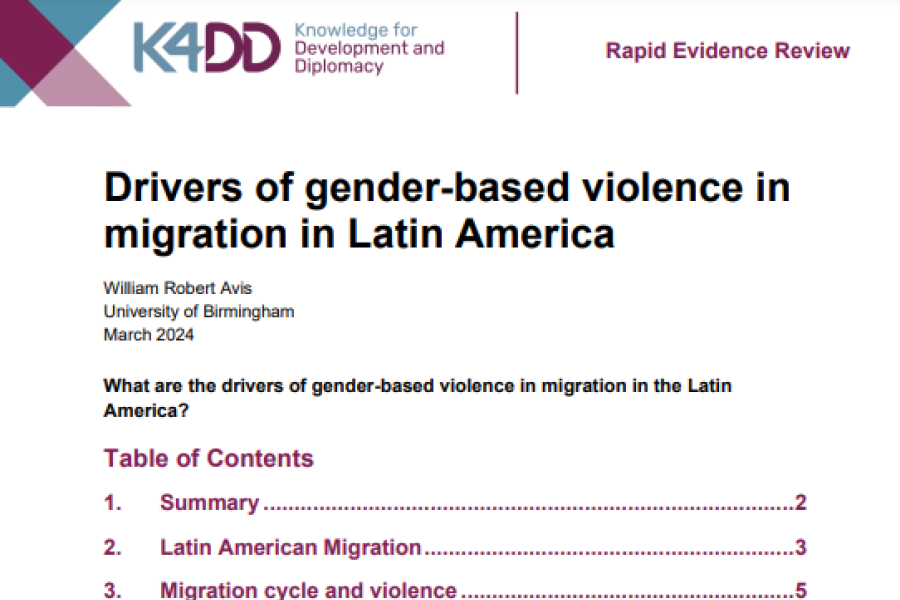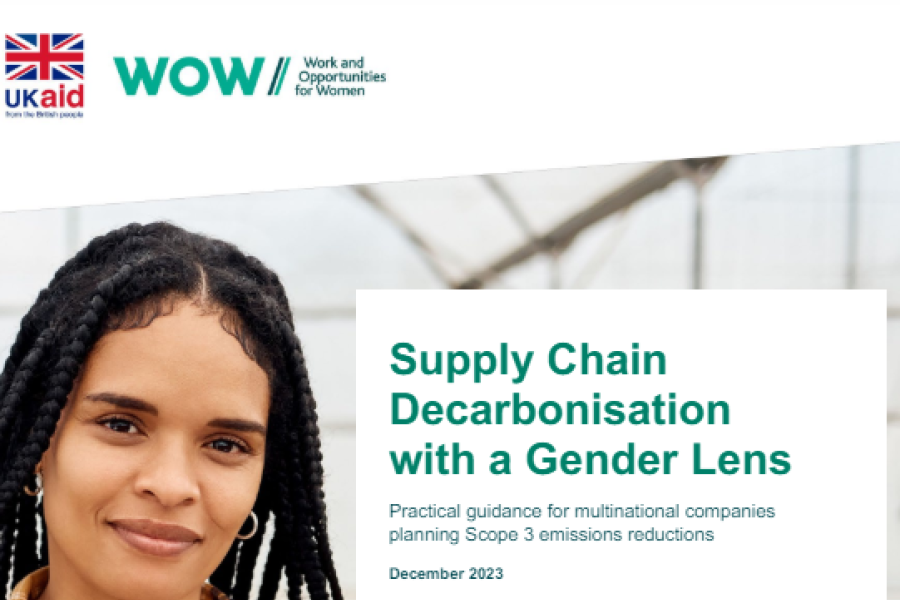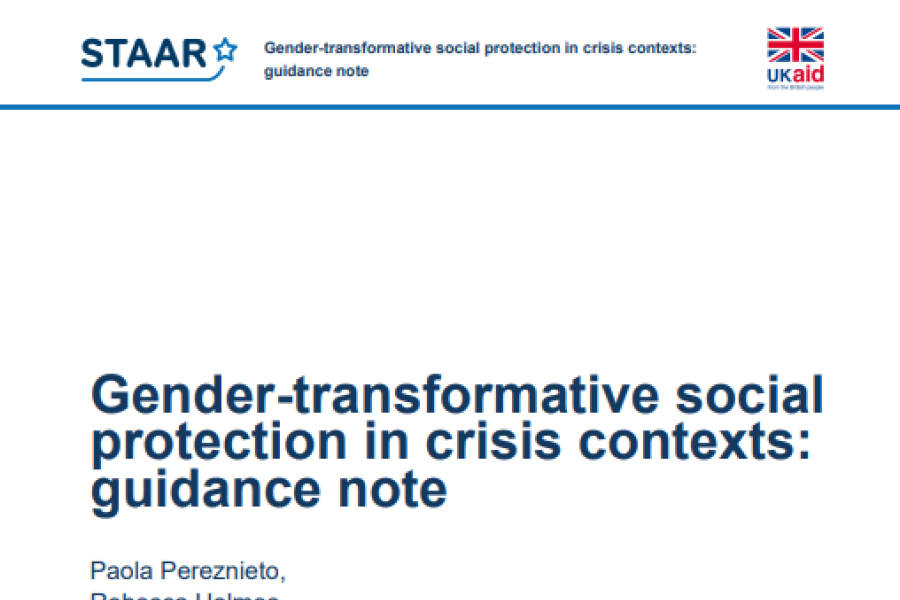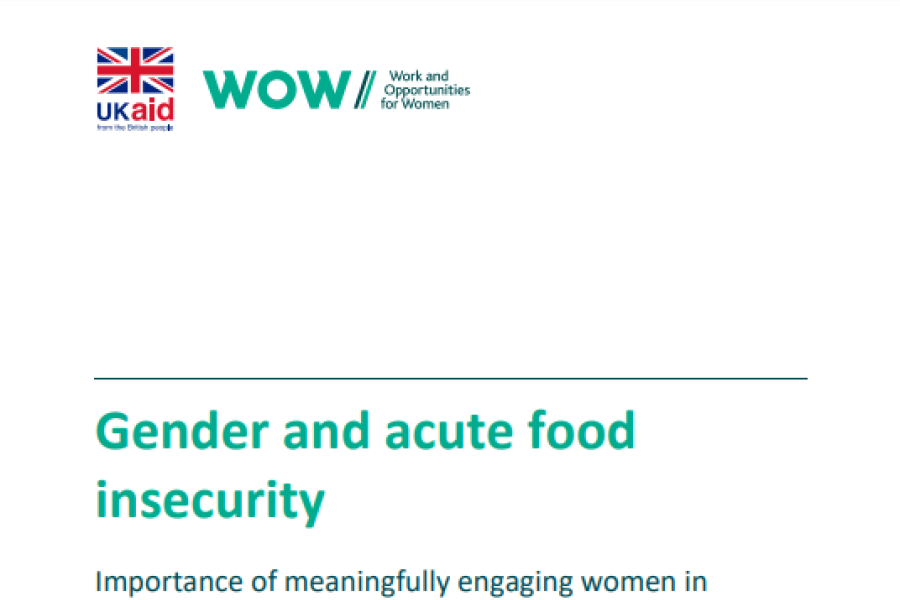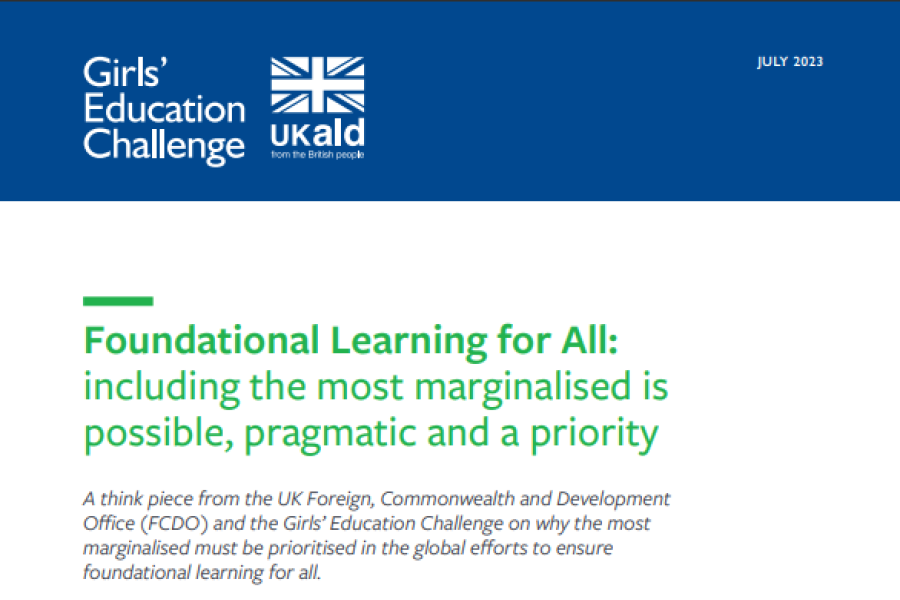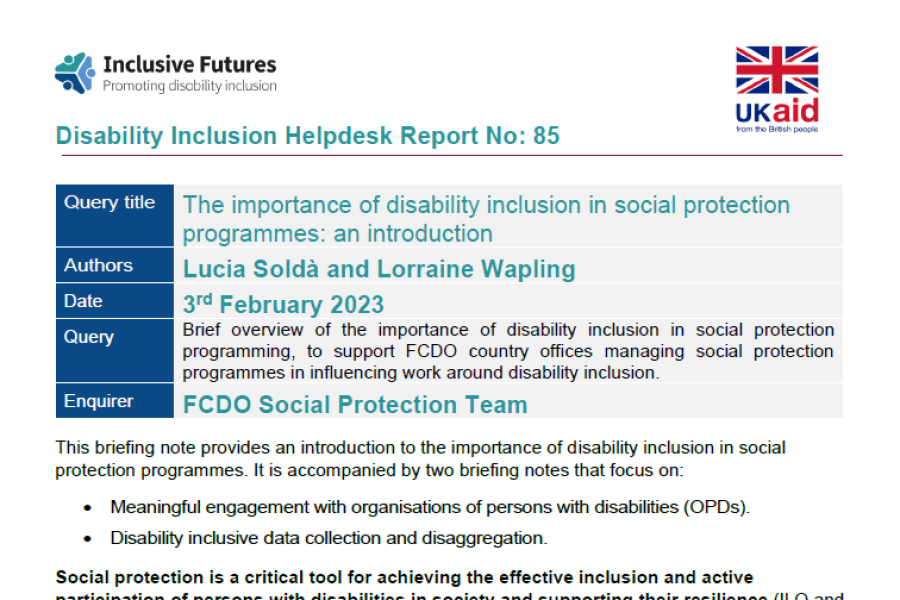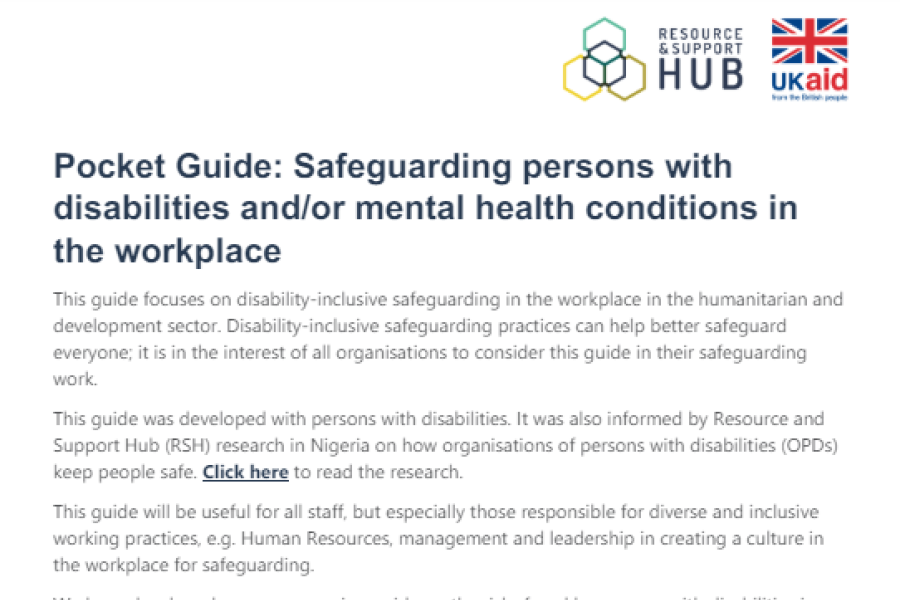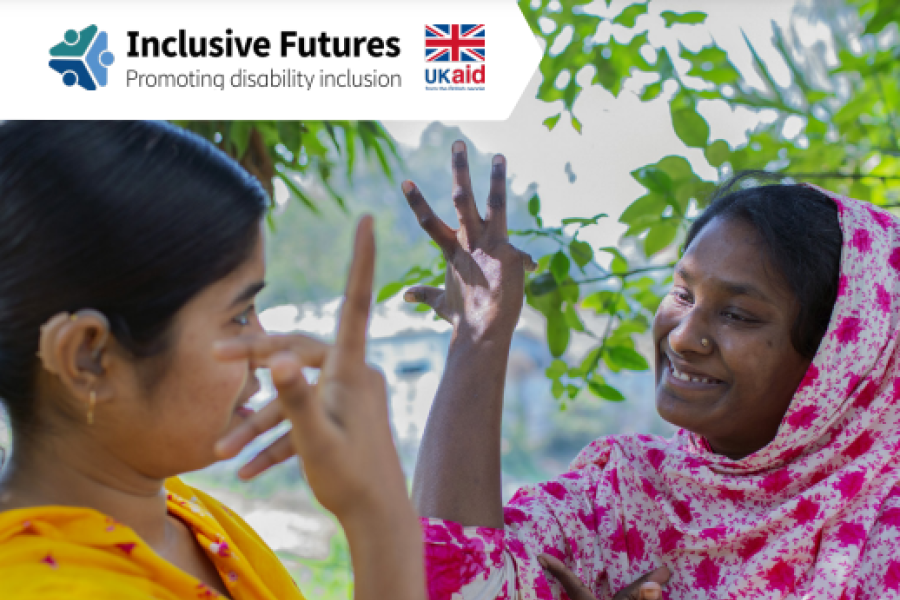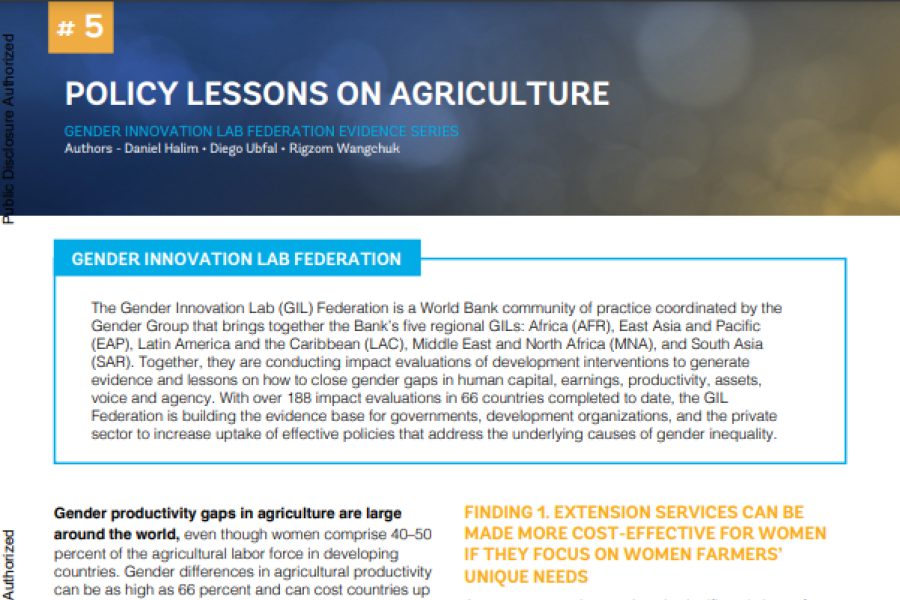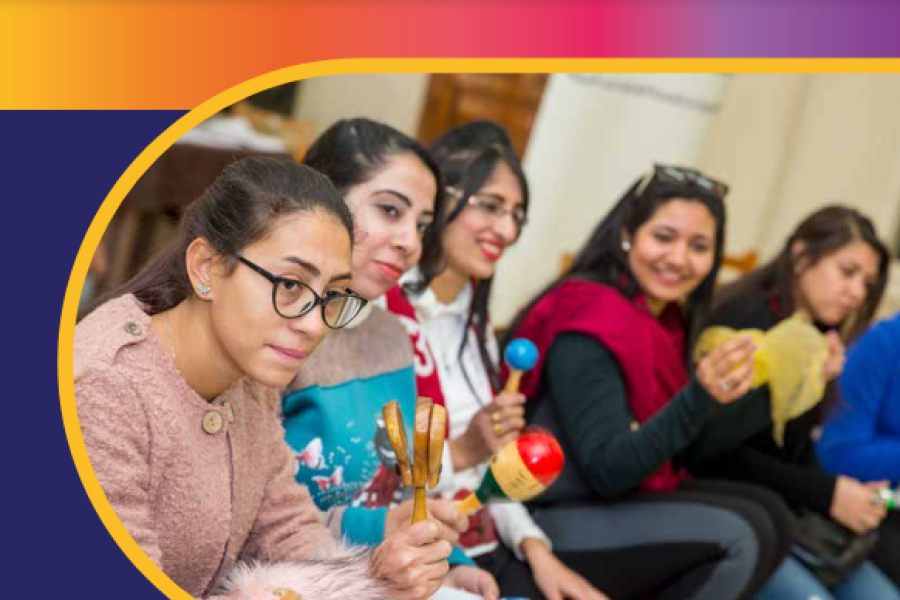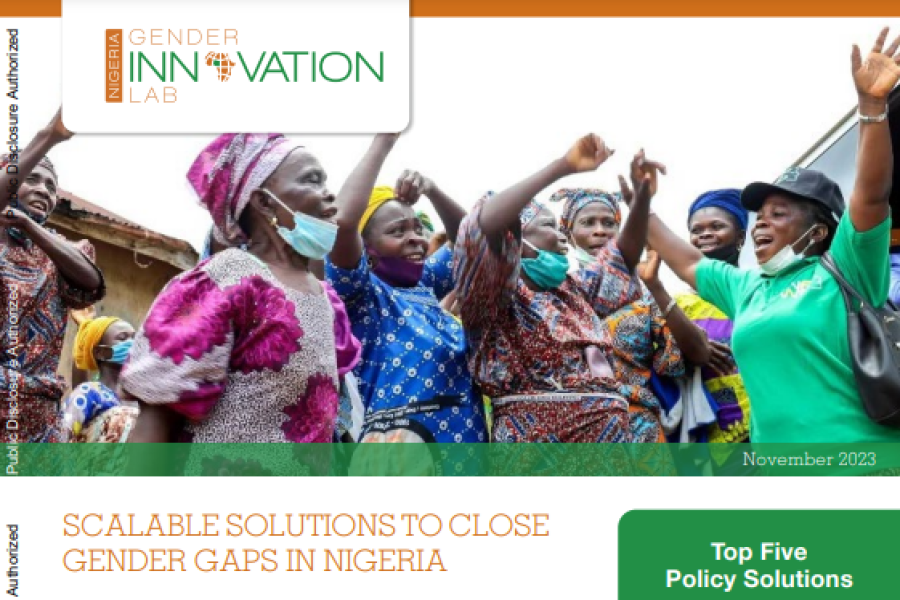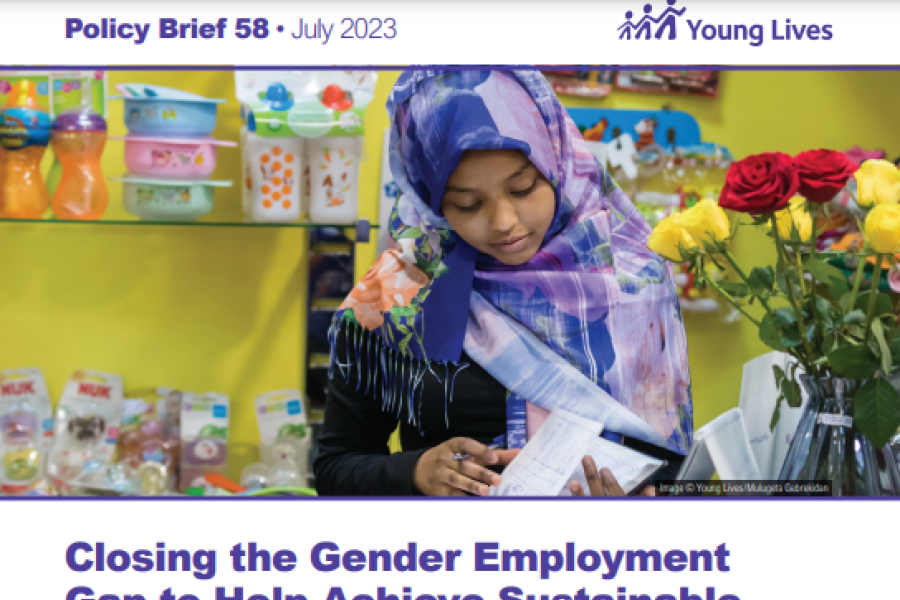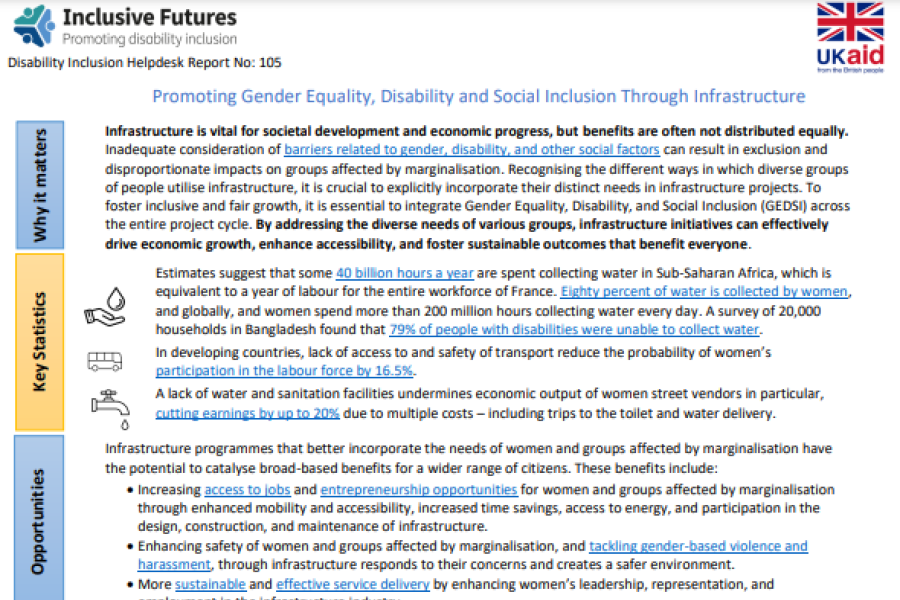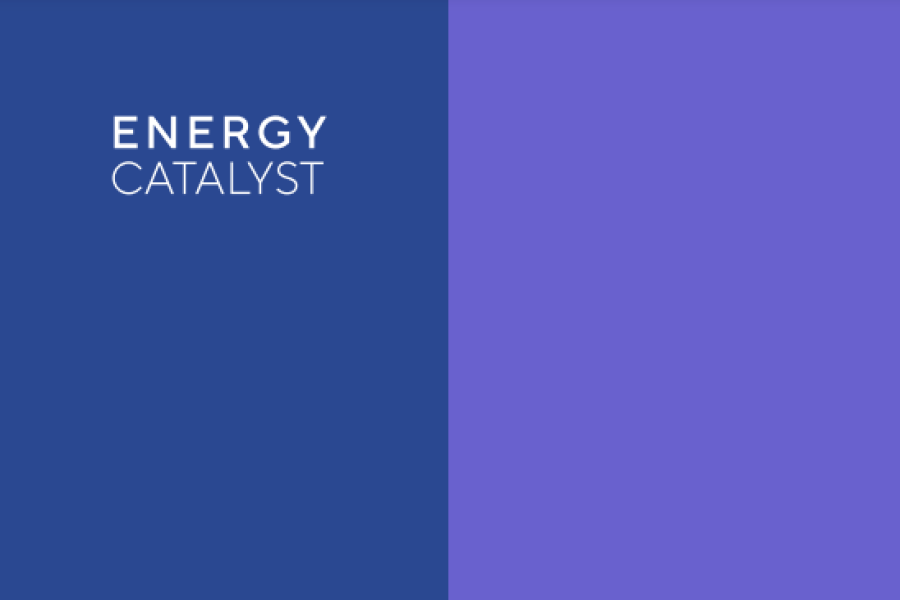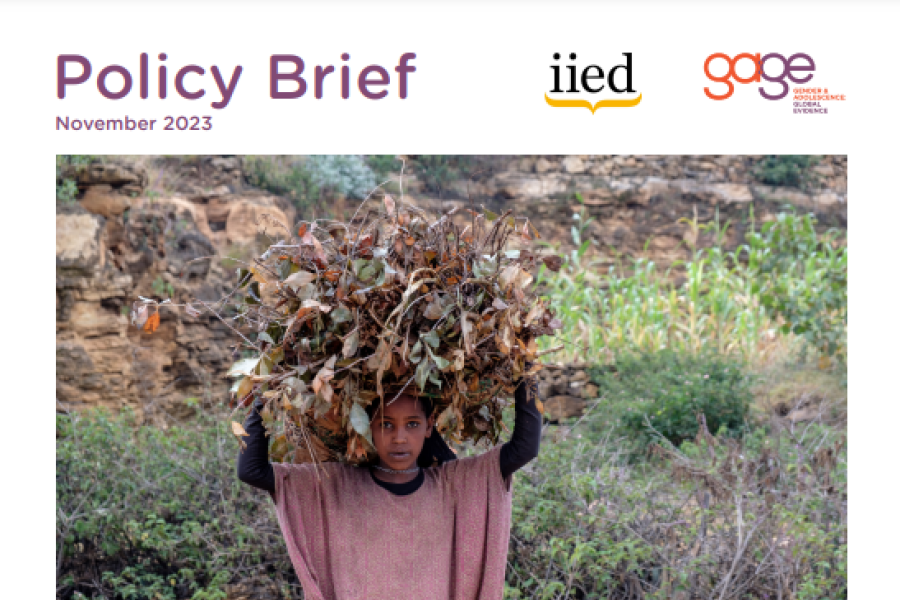Resource library: Advancing equalities

Welcome to our comprehensive resource collection dedicated to advancing equalities.
Here, you'll find a range of different resources tailor-made for individuals, organisations or collectives striving to promote gender equality and social inclusion. Whether you’re exploring policy, gaining information on programming, or simply building your own knowledge, we’ve got you covered with fact sheets, policy papers, guidance notes, evidence reviews, and practical tips and tools.
But first, let’s talk about what equality really means. It’s about fairness for all, ensuring that every person, regardless of background, enjoys equal social, economic, political, and legal rights, resources, and opportunities. Everyone deserves a life free from discrimination based on factors like sex, race, disability, age, class, caste, religion, ethnicity, sexual orientation, gender identity, gender expression, and sex characteristics.
Sadly, not everyone experiences the same level of equality. Many people experience greater inequality than others due to various factors, requiring extra support to level the playing field. This includes women and girls, people with disabilities, LGBT+ people, refugees, and internally displaced people, and the poorest and most marginalised within society. Women and girls, for instance, often experience multiple forms for inequality tied to their gender and other, intersecting, areas of identity.
Achieving equality isn’t easy, due to numerous barriers entrenched across society. These stem from individual and collective beliefs and manifest through individual behaviours across the family, institutions and are reinforced within national and international systems and structures that normalise and perpetuate inequality. Social justice movements play a critical role in addressing inequality, mobilising people, and resources, and supporting collective action against discrimination. Examples include women’s rights organisations, organisations of people with disabilities, racial justice movements, organisations representing LGBT+ people, and youth groups.


